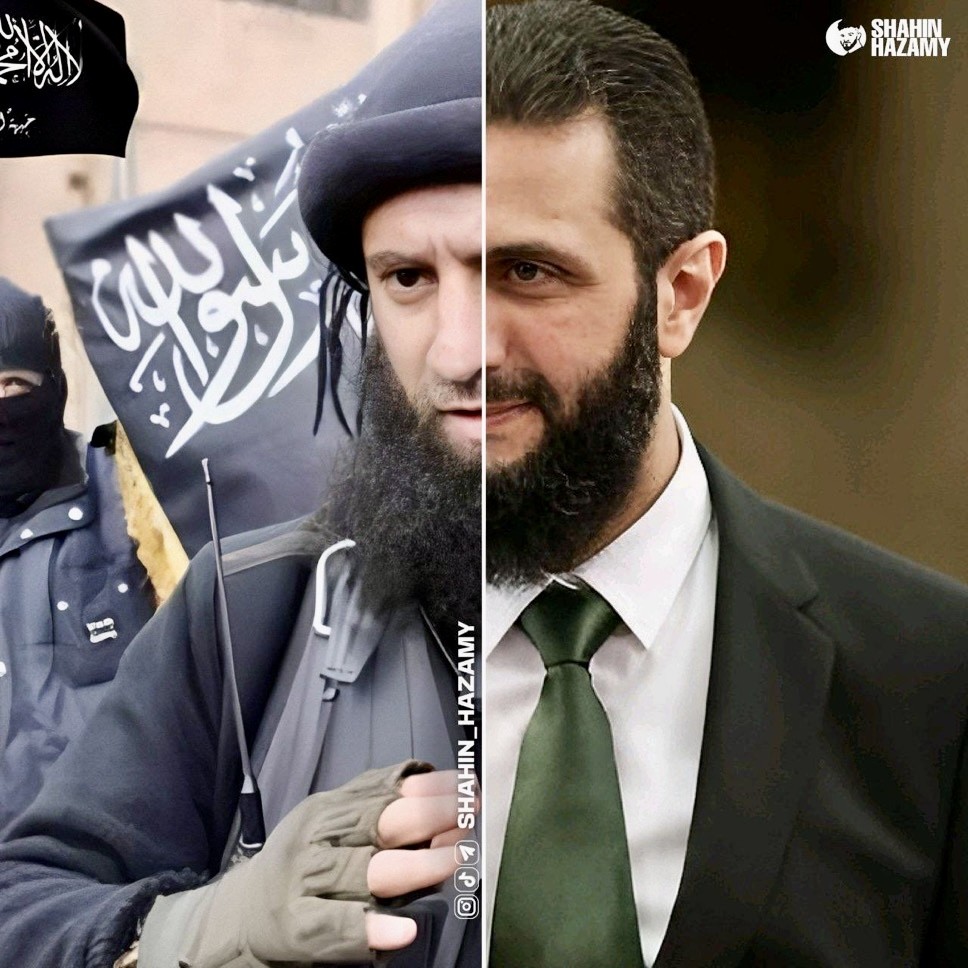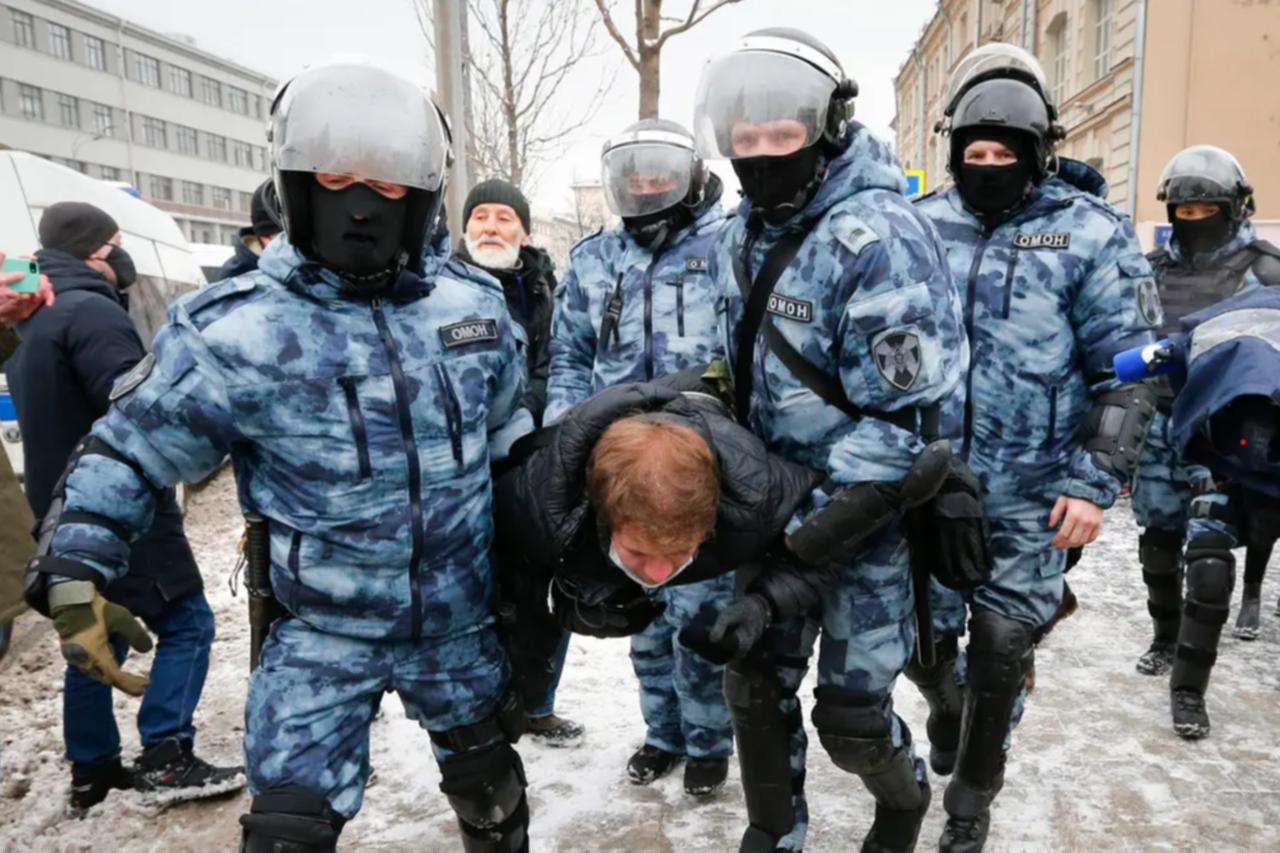
The civil war in Libya is currently on hold as Russia and Turkey are expected to reach a deal over the control of the strategically important city of Sirte. If no compromise is made, the conflict will likely escalate again, and other foreign powers are expected to directly involve in a fight for Libya’s oil and gas reserves.
By Nikola Mikovic
The control of the oil rich Sirte province, as well as Jufra airbase, seems to be a top priority for both, Moscow and Ankara, but also for Egypt. Cairo recently warned that any attack on these two places by Turkey-backed Government of National Accord (GNA) forces would amount to crossing a “red line”, and threatened to intervene militarily to “protect its Western borders”.
Both, Sirte and Jufra airbase, are currently controlled by the Libyan National Army (LNA) and its de facto leader Field Marshal Khalifa Haftar. The LNA is backed by several foreign actors including Russia, Egypt, United Arab Emirates, Jordan and France. On the other hand, the UN-recognized government in Tripoli (GNA), supported by Turkey, Italy and Qatar, is preparing to capture the city.
Recently, Russian Foreign and Defense Ministers Sergey Lavrov and Sergei Shoigu were scheduled to meet with Turkish Foreign Minister Mevlut Cavusoglu in Ankara, but the meeting was postponed. Ever since, both sides started active preparations for the conflict escalation. The LNA sent thousands of foreign mercenaries to fight in a looming battle for of Sirte, while Turkey is conducting talks with the GNA for a possible use of the Misrata naval base and Al-Watiya air base.
Egypt
Turkish military presence in Libya worries neighboring Egypt, as it could potentially destabilize the North African country. Turkey supports various Islamic organizations, including those affiliated with Al-Qaeda and Muslim Brotherhood. In Egypt, the Muslim Brotherhood was banned after the army overthrew President Mohammed Morsi in 2013.
If Ankara sets up permanent military and naval bases in Tripolitania it could lead to another surge in the development of radical Islamist organisations in the region. If the LNA eventually gets defeated, those militants would be able to get directly to the western borders of Egypt. Therefore, the defeat of the LNA and its leader Field Marshal Khalifa Haftar would create a strategic threat for Egypt. Thus, it is no coincidence that Haftar recently flew to Cairo to negotiate with President Abdul Fattah al-Sisi and the Egyptian military.
Turkish regional interests
Even though there are speculations that Turkish interests in the region are related to its alleged neo-Ottoman ambitions, in reality Turkey merely seeks to assures flawless gas and oil supplies. Ankara aims to establish control over the energy rich area of the eastern Mediterranean - an area that includes large reservoirs of natural gas that Egypt, Israel and Cyprus are racing to exploit.
In November 2019, Turkey signed an accord with Libya’s internationally recognised government (GNA) that seeks to create an exclusive economic zone from Turkey’s southern Mediterranean shore to Libya’s northeast coast. The main problem is that the potential economic zone includes the Greek island of Crete, which is why Athens strongly opposes the maritime deal and supports General Haftar. It is worth mentioning that Greek navy frigate recently attempted to board and inspect a Turkish-operated Tanzanian-flagged cargo ship in the Mediterranean Sea that was suspected of carrying a new shipment of Turkish weapons or other military equipment to the GNA forces. Turkish frigates escorting the vessel, reportedly, rejected the request and warned off the Greek warship, which then shadowed the flotilla.
Zones of influence
Presently, all the countries involved in the Libyan civil war are trying to create their own zones of influence in the energy-rich North African country. For all of them Sirte seems to be the “red line”, as it stands on the crossroad towards vital oil installations, terminals and fields that are currently controlled by the LNA. If Turkey-backed GNA forces manage to capture the city, Ankara will have automatically have a better negotiating position.
On the other hand, Russia may be willing to trade Sirte in an exchange for Turkey’s concessions in Syria, where Moscow’s client Bashar al-Assad aims to capture Idlib province, currently controlled by various Turkey-backed Jihadi factions.
The problem for Moscow is the fact there are other actors who have their own interests in Libya, which means the Kremlin cannot make deals with Ankara the same way it does in Syria. For instance, France concluded oil contracts with Haftar, which means that his task, after potential victory, could be to ensure the flawless oil extraction by the French Total Corporation. Still, one of Moscow’s main goals seems to be to spoil Turkish gas business in Libya, in order to keep Ankara dependent on natural gas supplies from Russia, rather than extracting it directly from the Libya’s section of the Mediterranean Sea.
At this point, Libya’s oil and gas extractions are reportedly suspended, although there are indications that the war-torn country may restart energy export soon. In any case, it remains to be seen how foreign powers will agree on redistribution of the Libya’s natural resources. If no deal is made any time soon, Russia, Turkey, France and Egypt, through their proxies on the ground, will likely try to ensure military victories which will provide them additional maneuver for imminent future negotiations.







[…] to keep making lucrative arrangements over the future of other hot spots, primarily Syria and Libya. It is worth remembering that in 2015, after a Turkish jet shot down a Russian Sukhoi SU-24 near […]